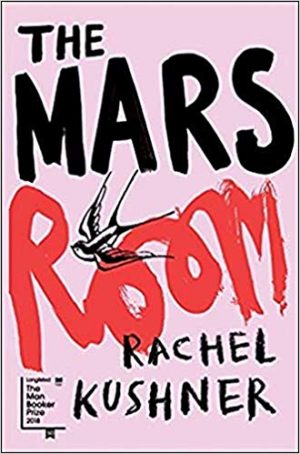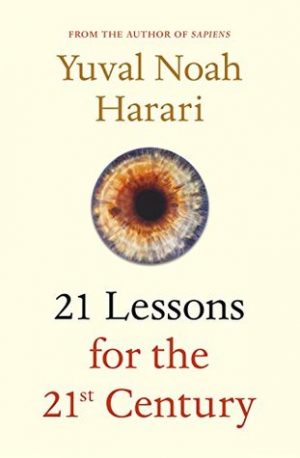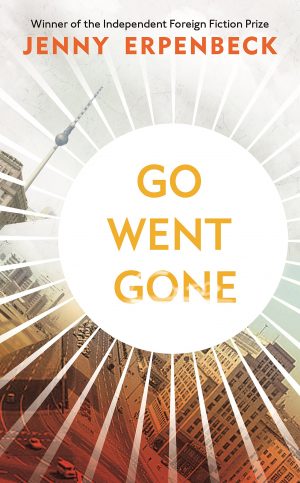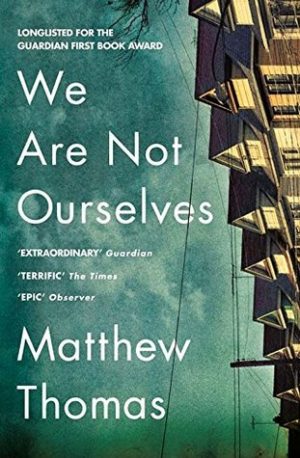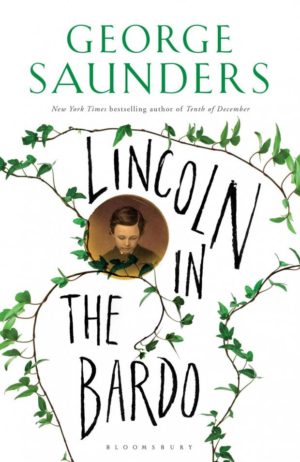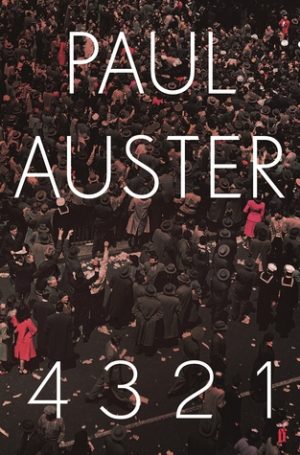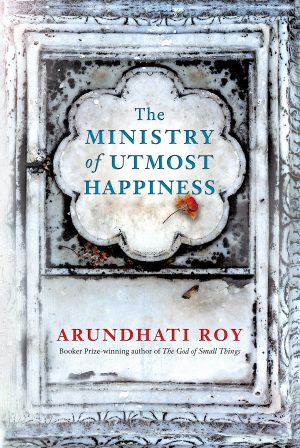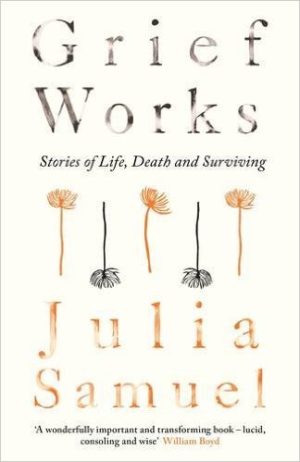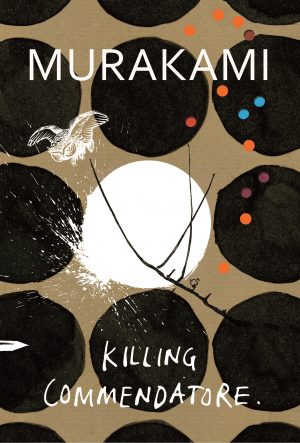
Review by Jane
Killing Commendatore
An intense and magical novel about creativity and meaning
Disconcerting, mysterious and riveting, Killing Commendatore by Haruki Murakami is the story of a nine month period in the life of a portrait painter. Newly separated from his wife, he holes up in a mountaintop retreat where his discovery of a hidden painting sets in train a circular series of extraordinary events that reveal aspects of himself – and the world of instincts and ideas – that both change him forever and give him back his future.




